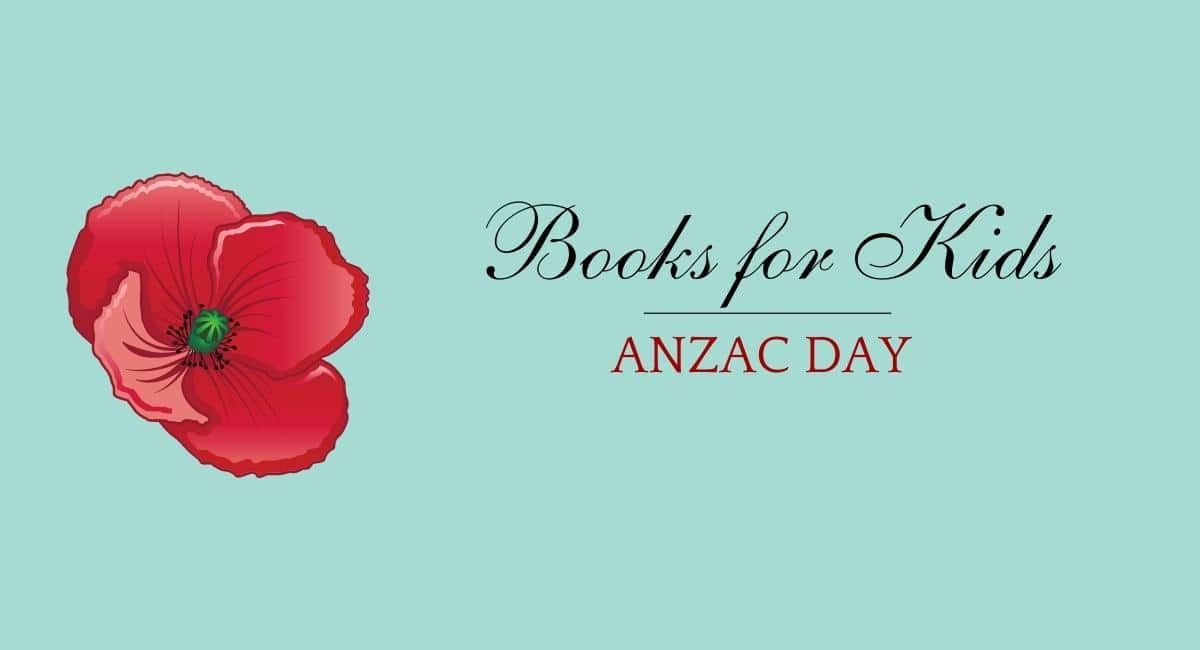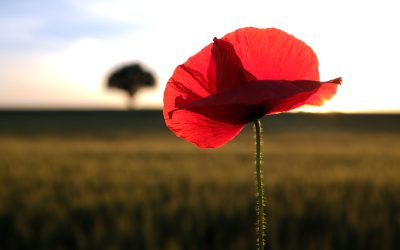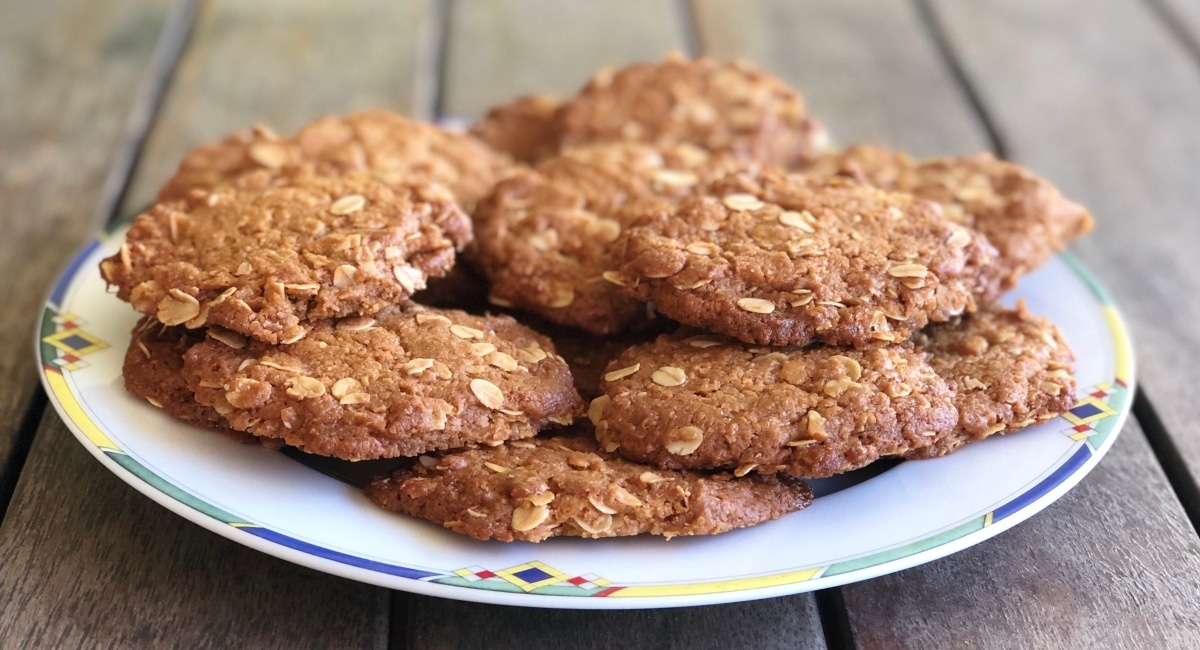“Should babies and toddlers take learn to swim classes?”
“Isn’t it a waste of time until they are a little older?”
“They don’t really learn anything…”
“It’s nothing I can’t teach in my pool…”
These are all common comments I often hear from parents, regarding their baby starting a learn to swim program. There are many misconceptions with babies learning to swim, such as ‘babies can’t learn to save themselves’ or ‘baby swimming is a waste of time and money’. But baby learn to swim programs are a critical part of a child’s aquatic education, as long as the program is not just all water play, songs and games, and splashing about!
Studies have shown that the earlier you start your baby in an effective learn to swim program, the earlier they become strong, independent swimmers, which could save their life one day. When taught effectively, building on the skills they have gained in baby classes, young toddlers can develop a high degree of water safety skills, based off repetition of effective drowning prevention skills.
To get the most out of your baby and toddler swim lessons, ensure the lessons are designed to develop independent drowning prevention skills. An element of swim lessons should involve water play, songs and games, but this should not take up the majority of time in swim classes. Most of the lesson time should be spent teaching real skills and working towards babies being independent in activities.
Also, ensure you attend swim lessons consistently—don’t stop for the cooler months. Babies and toddlers don’t have a developed muscle memory, so life saving aquatic skills are only developed through regular, consistent learn to swim lessons, as part of an effective, progressive swim program that teaches real skills. Drowning rates are still much too high and there is much we can do, as a community, to work towards zero child drownings. Parents may have the attitude that child drowning will never affect them. We know this, tragically, is not always the truth.
By Karen Baildon
- Start lessons when baby is as young as possible, most centres have lessons from 12 weeks.
- Treat lessons with babies and toddlers with urgency—they are learning life saving skills
that need to be mastered quickly. - Make sure you have water safety goals for your lessons—what would you like your baby to achieve?
- Your baby will react to your attitude during swim lessons! Make lessons a happy, fun time.
- Repetition and reinforcing the development of water skills through regular lessons is crucial. Babies and toddlers don’t have a developed
muscle memory. - Lessons must be continued all year. Don’t stop lessons in the cooler months.
Karen Baildon is an Aquatic Community Expert for ‘Swim Safer’, National Lecturer for Swim Australia and International Lecturer at the 2020 World Aquatic Development Conference, speaking on Effective Drowning Prevention for Babies & Toddlers. She is the founder and owner of Superfish Swim Schools, who are now in their 25th year operating in South East Queensland.


